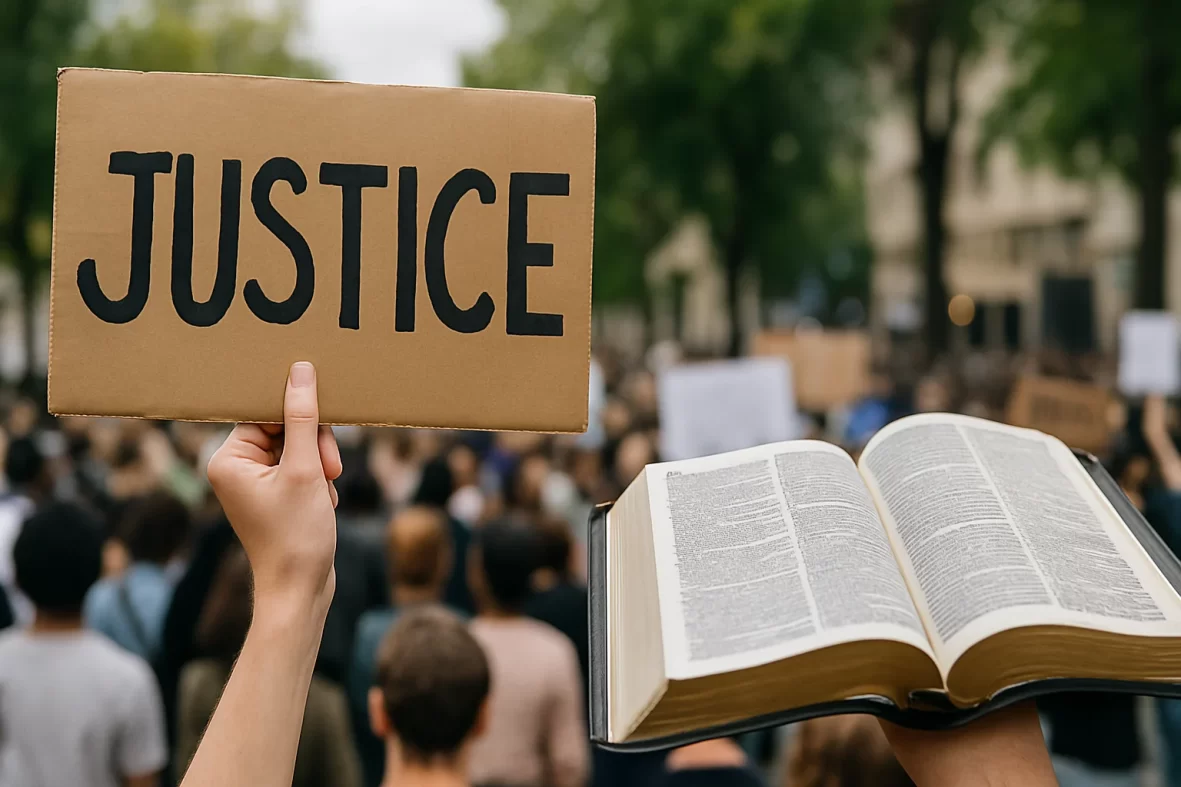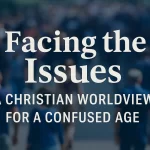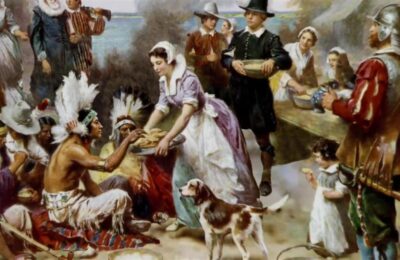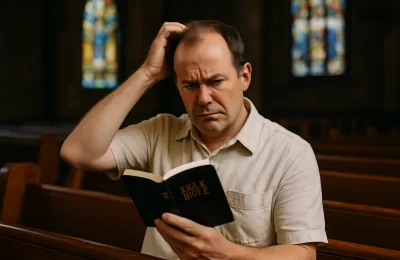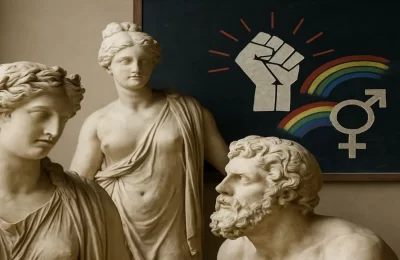Part 3 of In His Image: Justice, Race, and the Gospel
Key Passage: Isaiah 1:17
The Yard Sign Gospel
The sign was well-intentioned.
You’ve seen it: posted in front of homes, churches, schools.
“In this house, we believe: Black Lives Matter. Love is Love. Science is Real. No Human Is Illegal.”
A creed for a new generation. A digital-age liturgy for the public square.
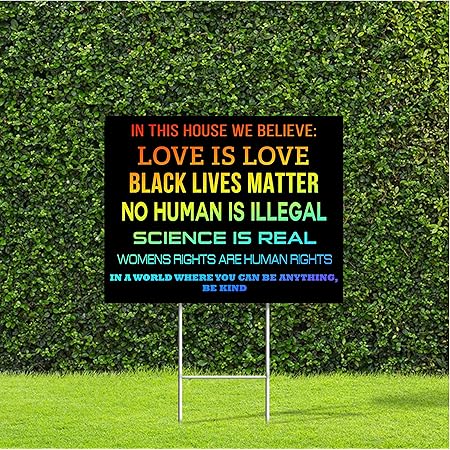
And while each phrase sounds compassionate, you can’t help but wonder:
What do they mean by justice?
Who defines it?
And why does it often feel like the church is caught between compromise and cancelation?
God is not silent on this.
In Isaiah 1:17, His people were busy doing “religious” things—but they had forgotten true righteousness:
“Learn to do good; seek justice, correct oppression; bring justice to the fatherless, plead the widow’s cause.” — Isaiah 1:17 (ESV)
So the question isn’t: Should Christians care about justice?
The real question is: Which justice are we pursuing—biblical or social?
What Does God’s Justice Require?
Isaiah 1 opens with God rejecting Israel’s religious performance. They were showing up to the temple—but ignoring the vulnerable. Singing songs—but neglecting truth. Fasting—but refusing to repent.
God’s answer wasn’t to stop worshiping. It was to start obeying.
Justice in Scripture is never abstract. It’s deeply relational.
It means aligning with God’s holiness, truth, and moral order.
Key terms include:
- Mishpat – fair, righteous judgments according to God’s revealed standard.
- Tsedaqah – relational righteousness that honors God and neighbor.
Biblical justice:
- Protects the innocent
- Corrects the oppressor
- Is impartial—never favoring rich or poor (Leviticus 19:15)
- Always flows from God’s truth—not public opinion
Justice is not defined by emotional stories or political urgency.
It is revealed in God’s character.
What Is Social Justice?
The term social justice is slippery. For some, it means defending the oppressed. For others, it’s shorthand for a secular religion.
To engage this honestly, we must ask: What’s driving it?
As Neil Shenvi, Pat Sawyer, and Carl Trueman explain in Critical Dilemma, today’s social justice movements are often shaped by:
- Critical Theory – society is structured by power; identity is determined by group status.
- Intersectionality – the more “oppressed” categories you belong to, the more moral authority you possess.
- Standpoint Epistemology – truth is no longer objective; it’s filtered through lived experience.
This framework creates a new moral vision:
- Guilt is collective.
- Justice is redistributive.
- Reconciliation requires submission, not forgiveness.
It’s not just a theory. It’s a replacement theology.
Biblical vs. Social Justice
| Biblical Justice | Social Justice (CRT Framework) |
|---|---|
| Rooted in God’s character | Rooted in power analysis |
| Upholds individual responsibility | Attributes guilt or innocence by group |
| Truth is objective and revealed | Truth is subjective and experiential |
| Values reconciliation and forgiveness | Emphasizes reparation and perpetual activism |
| Imago Dei: all humans have equal dignity | Identity is based on race, class, gender, etc. |
| Justice is impartial | Justice favors certain groups by design |
| Law is moral and transcendent | Law is seen as a tool of oppression |
As Grudem reminds us in Christian Ethics, any justice that rejects God’s moral law is already unjust. Even if it uses the right words.
Why It Matters for the Church
Here’s the danger:
If the church adopts the world’s categories without discernment, we will exchange the gospel for grievance.
Some churches use “justice” language but strip it of biblical content. Others avoid it entirely, fearing backlash. But discipleship requires clarity.
- You can’t reconcile what you refuse to define.
- You can’t disciple people with half-truths.
- You can’t stand for truth while standing on shifting sand.
T. J. Williams and John Perkins remind us: “We don’t need to compromise truth to confront injustice.” The gospel gives us a better framework—one that calls sin what it is and calls people to a Savior.
Justice That Reflects Jesus
Jesus cared deeply about justice:
- He welcomed the outcast (Luke 7)
- He rebuked partiality (Matthew 23)
- He fulfilled righteousness (Matthew 5:17)
But He never excused sin.
And He never deferred to identity politics.
Biblical justice, modeled by Christ, is both courageous and compassionate. It does not bend to cultural winds. It stands on eternal truth—and calls everyone to repentance.
That’s the kind of justice the church must embody.
Seek Justice, Not a Hashtag
Isaiah’s call still rings true today:
Seek justice. Correct oppression. Plead the cause of the voiceless.
But let’s do it God’s way.
Don’t outsource your theology to Twitter.
Don’t let headlines rewrite holiness.
Don’t let Christian compassion become cultural compromise.
The world doesn’t need a church that mimics its justice.
It needs a church that models Christ’s.
← Previous Post: The Image of God and the End of Racism
Next Post →: Reconciliation Through Christ: Breaking Down Walls
View Full Series: In His Image: Justice, Race, and the Gospel



